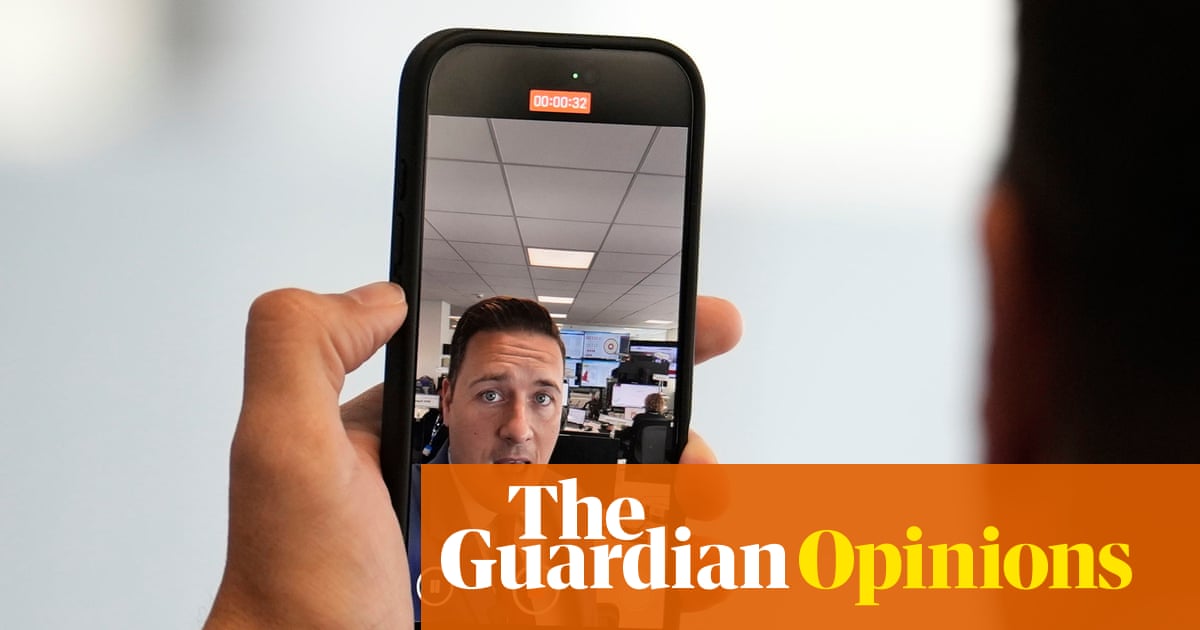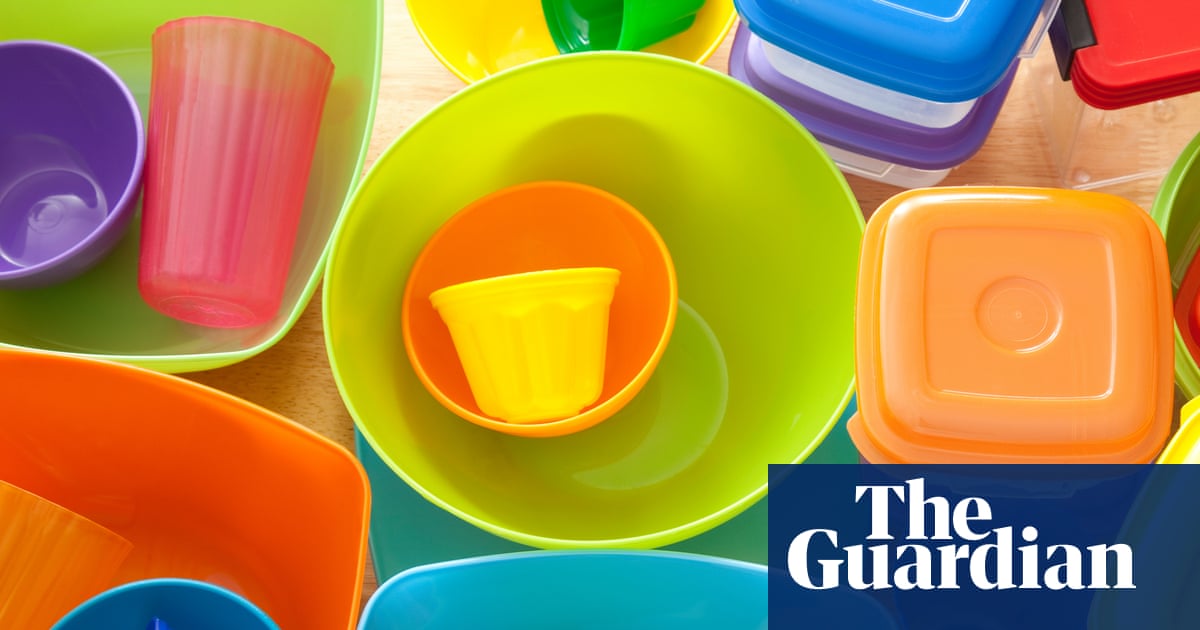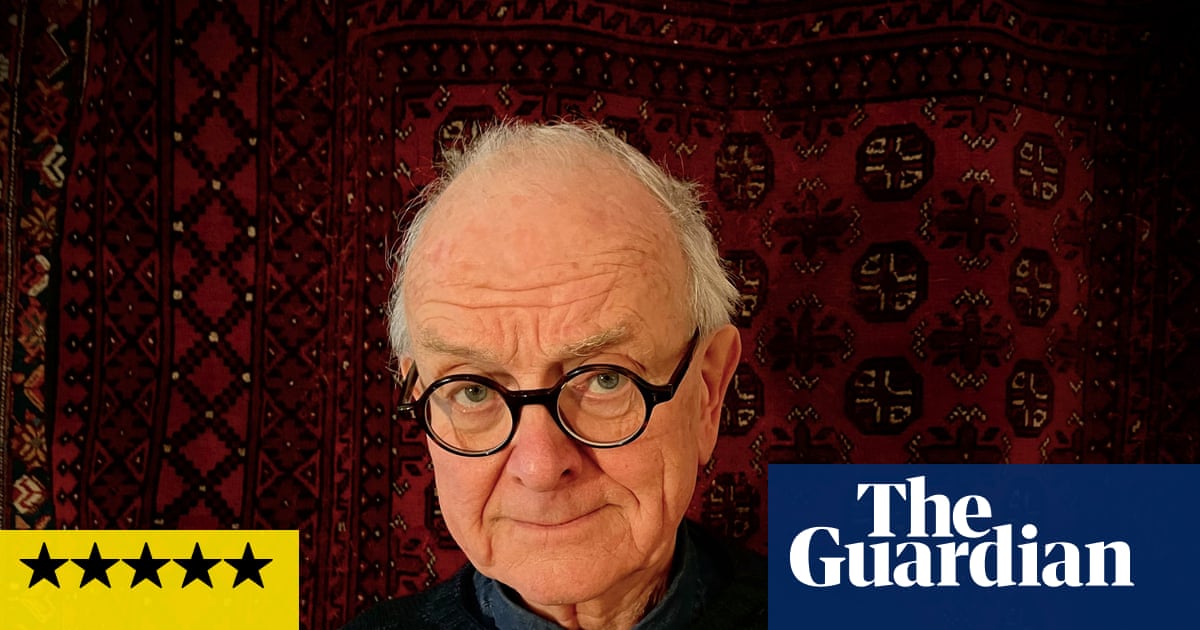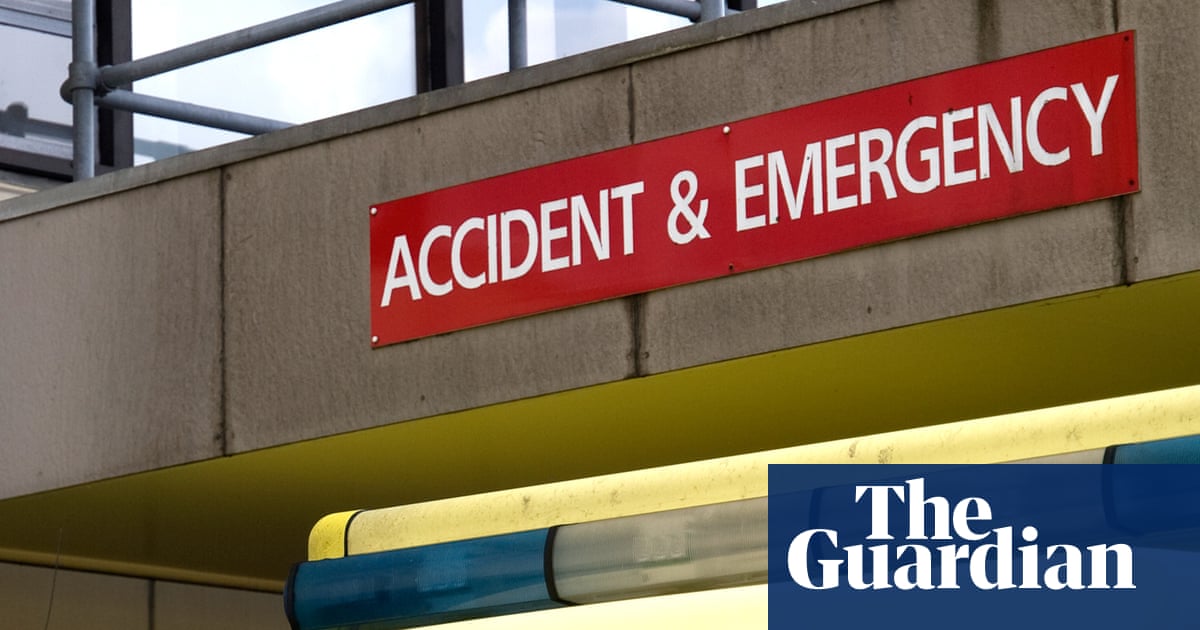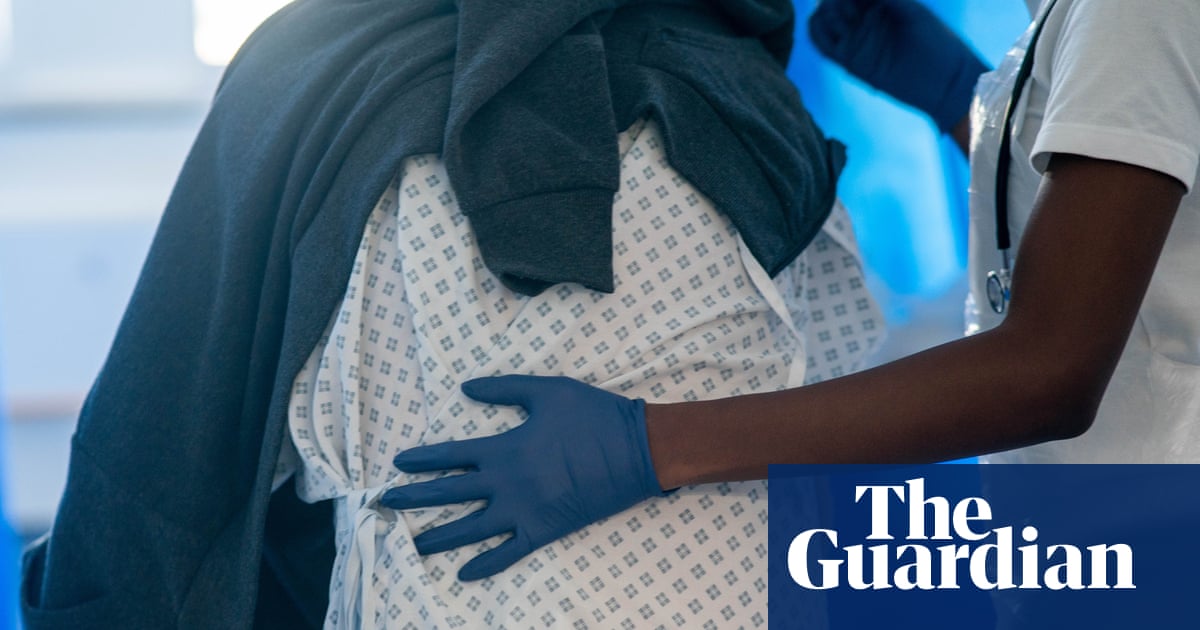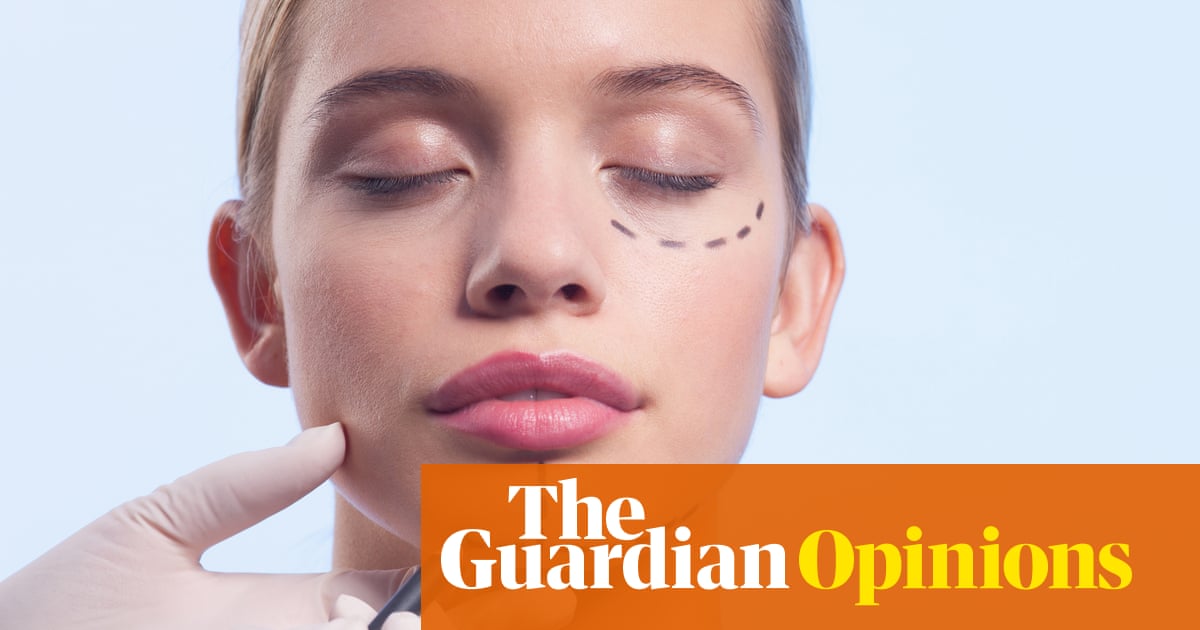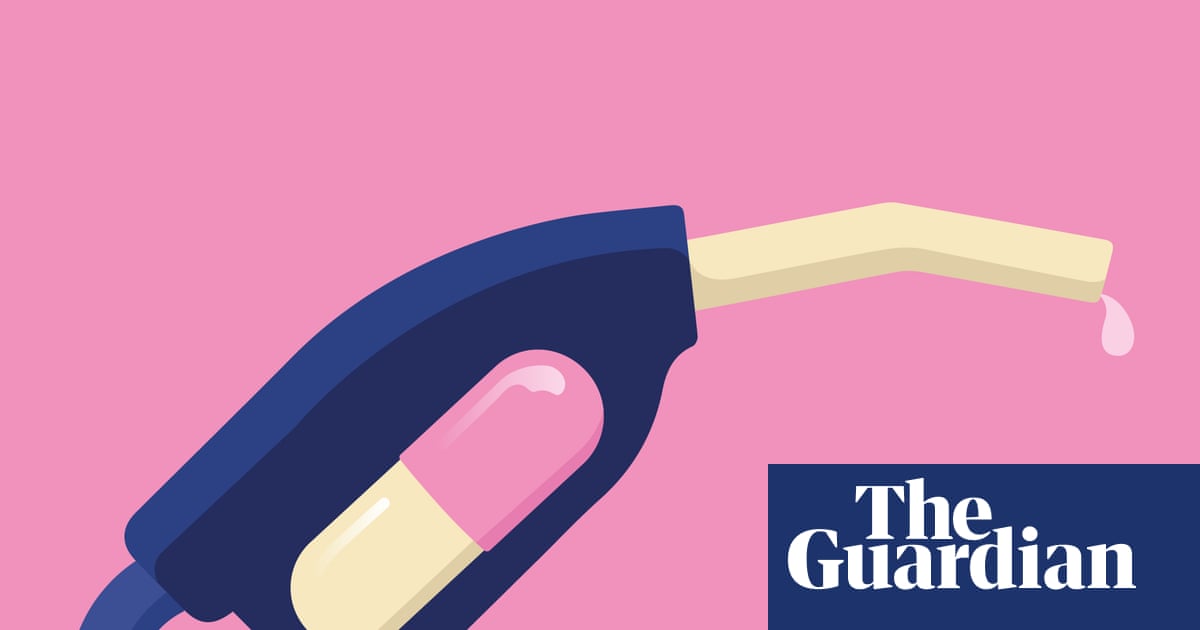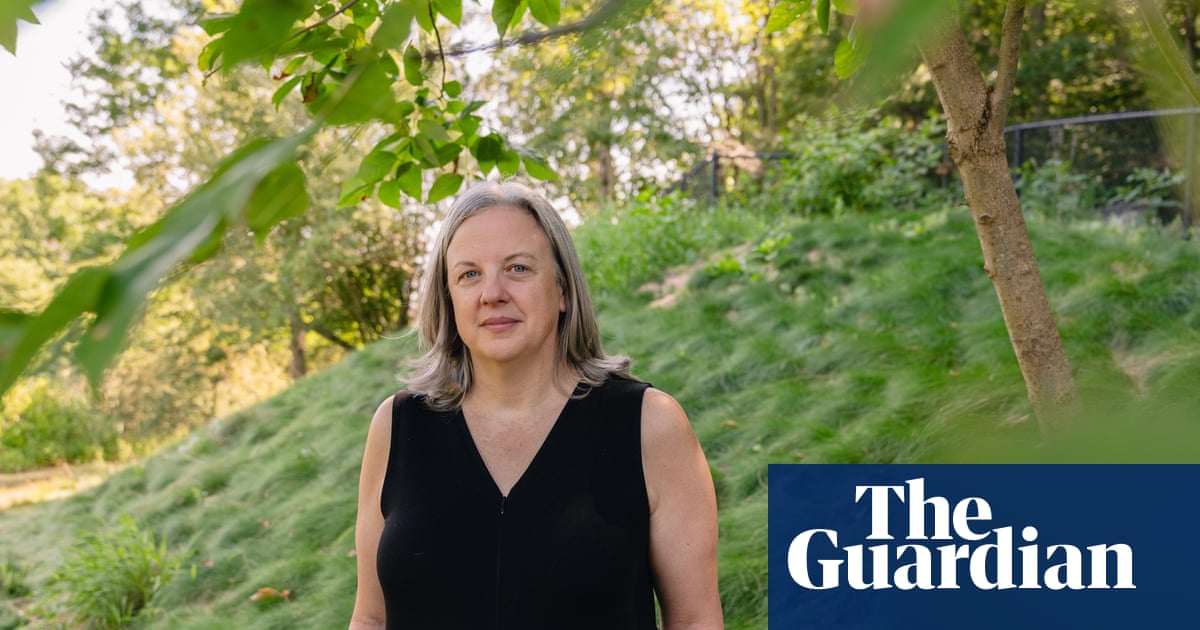I spent years unlearning an eating disorder – then I was told to diet for health reasons. This is what it taught me | Amelia Tait
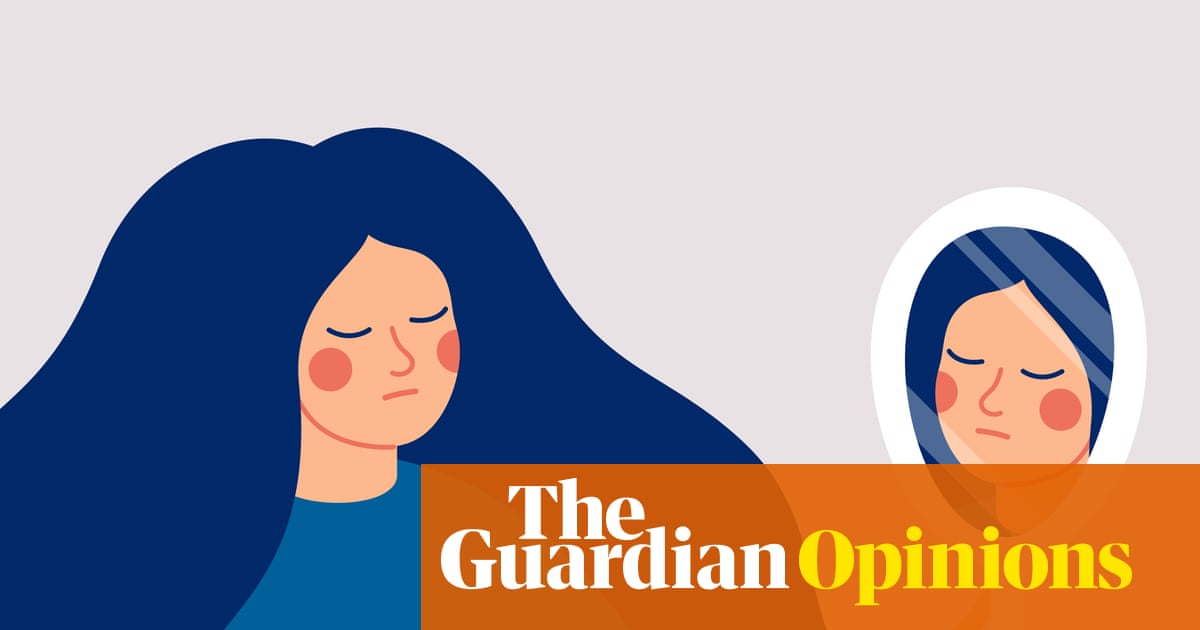
When I was a teenager suffering from anorexia, I thought it was a life sentence. I genuinely believed slogans like “every woman has an eating disorder” and couldn’t imagine a future where calories didn’t make me sweat. With this in mind, you must understand that I’m boasting when I write this next sentence: in November 2024, I was diagnosed with “very high” cholesterol.
After years of restriction, I spent my 20s unable to understand why every meal shouldn’t be the maximum amount of delicious. This means that last year, I was regularly melting a packet of white chocolate buttons on my morning porridge before heading out for a white chocolate matcha with cream, followed by a cheese and egg sandwich in a brioche bun, a slice of cake, fried chicken and chips, to say nothing of the bread and butter before dinner and dessert. In short, I was smashing through my recommended daily allowance of saturated fat and loving every second of it. “Treats”, to my mind, are not something that have to be earned.
I went up a couple of dress sizes and while it would be a lie to say I did so “happily”, I didn’t really care too much about it – certainly not enough to change my eating habits or move my legs.
But what is mentally healthy isn’t always physically healthy – and perhaps I wasn’t as mentally healthy as I believed. My recovery had become almost as performative as my disorder. While I once thought I was superior for starving, I soon felt superior for never saying “no” to ice-cream and never ordering salad without a side of chips. I viewed healthy eaters with suspicion. Maybe I no longer believed that every woman had an eating disorder, but I certainly had the wrongheaded belief that every woman who worked out did.
It’s hard to shake this mindset, which is, of course, entirely defensive – hence why I just masked my high cholesterol diagnosis with the word “boasting”. The truth is that my cholesterol results scared me: my family has a long history of strokes and heart attacks, and although I don’t have a pension, I am – on the whole – into the idea of reaching old age.
I was first diagnosed with high cholesterol in 2023 when I had a health check as part of the Our Future Health scheme, and made some half-hearted attempts to swap brownies for flapjacks. I only accepted that I would really have to change my diet and start exercising after the numbers jumped to “very high” a year later.
I have now spent about half a year eating a healthier, lower saturated fat diet, and have reduced my total cholesterol to “normal” levels (although I’m only within them by 0.1 of a point, so I still have a way to go). The past six months has made me reflect a lot on our – and my – attitudes to food and health. I feel very happy about where I am mentally now, but quite despondent about the way we all remain imprisoned by contradictory and reductive health messaging.
To start with, my doctor couldn’t have cared less when I was diagnosed with high cholesterol in 2023, and I don’t believe he would have been as flippant if I was overweight. We’re told the problem with being fat is that it’s unhealthy, but there are people who are heavier than I am who have far better cholesterol levels. I’m certain my doctor would have been sterner if I was “fat”, which is ridiculous because the number on the scale should matter less than the numbers on my blood test results. Yet I was barely asked about my diet.
I’m also angry that this all happened because I was taught – and women are still taught! – to focus on calories at the expense of nutrition. A “bad” food, to many minds, is a calorific one – but there are high-calorie foods that are very healthy, and low-calorie foods that are shockingly high in saturated fat, or low in nutrients in general. Once I recovered from my eating disorder, I saw no reason to limit myself – after all, the world told me that the scariest consequence of eating what you liked was gaining weight, and I was very proud to no longer be scared of that. Of course, I didn’t forget that too much saturated fat, salt and sugar are bad for you, but our culture repeats that “being fat is unhealthy” rather than “being unhealthy is unhealthy”. The world loves nothing more than a thin woman who can house a burger with extra bacon. Can you blame me for internalising that?
But I think I’m most angry that society is set up so that if you want to be healthier, it’s assumed you must also want to lose weight. Because here is the sad truth: while total recovery is possible, anorexia never stops waiting for its next opportunity. At the start of the year, I downloaded an app to monitor my saturated fat intake and naturally, obviously, it also counted calories. At first I wished there was a way to remove this feature and then – comically quickly – I became very into it. I didn’t eat anywhere near enough for a week, until I confessed to my husband, deleted the app and broke the spell (which I want to let everyone know can be surprisingly easy to do if you break your silence).
Again and again, I’m reminded that society seems set up to invite me back to my disorder. I was recently on holiday and averaging 30,000 steps a day because I adore exploring new places on foot. But while I didn’t connect my step count to my energy expenditure, my phone did – it sent me a cheery alert that I was burning more calories than usual. Why tell me that? Don’t tell me that. Why is the default assumption that I should care?
And when I had an appointment with the nurse after my “very high” diagnosis, she handed me a sheet of paper banning me from eating “fancy breads”. It seemingly didn’t occur to anyone to approach things more sensitively because of my eating disorder history.
It’s ironic that trying to save myself from a heart attack could have given me one – if I had allowed anorexia to take over my life again in the pursuit of “health”, I would have become unhealthier than ever before. The rise of “skinny” jabs is driving home these messages like never before: because weight loss is still seen as the ultimate, most desirable goal. Seemingly no one cares if some jabbers taking them for that reason also lose their hair, experience painful gastrointestinal side-effects, don’t get enough nutrients to sustain their body, and even reduce the efficacy of their contraception. That’s not to mention the risk of vision loss. Once again, weight is seen as the most important marker of health, even though pursuing weight loss can and does make people very unhealthy.
But, in the end, it’s not just society I’m shaking my fists at – I’ve been forced to confront myself, too. Post-anorexia, it wasn’t healthy for my eating habits to still be such a huge part of my identity. I hated asking pals to swap a pizza reservation for sushi when I got my diagnosis, and I cringed at saying “no” to a slice of birthday cake at a party in a pub – I especially detested that when I ordered salad at lunch a friend copied me with the words: “Oh, I should be good too!” There’s still a defensive, confrontational part of me that thinks eating healthily and exercising is inherently disordered and unenlightened, and a mean little part of my brain that wants me to whisper, “Get a life!” at people who eat five fruits and vegetables a day.
No matter how I started this article, this isn’t actually a healthy attitude. Though it’s painful to disclose, I do now actually enjoy exercising. And though it is against my political beliefs to admit this, treats actually are more enjoyable if you’re not having them on the hour, every hour.
I’m slightly sad that my diagnosis means I once again have to go through life thinking about what I eat – but if I’m honest, maybe I never stopped thinking about it, even when I thought I was completely free. I’m still stuck in a strange middle ground where (sadly) I can feel a little burst of happiness if my trousers seem looser and yet, simultaneously, I can fill a stamp-able sweet shop loyalty card in two weeks. I don’t have all the answers. But if there’s one thing that I wish I could change … it’s my cholesterol. And if there’s a second thing, it’s our attitudes to diet and health.
Amelia Tait is a freelance features writer
In the UK, Beat can be contacted on 0808-801-0677. In the US, help is available at nationaleatingdisorders.org or by calling ANAD’s eating disorders hotline at 800-375-7767. In Australia, the Butterfly Foundation is at 1800 33 4673. Other international helplines can be found at Eating Disorder Hope
Do you have an opinion on the issues raised in this article? If you would like to submit a response of up to 300 words by email to be considered for publication in our letters section, please click here.
